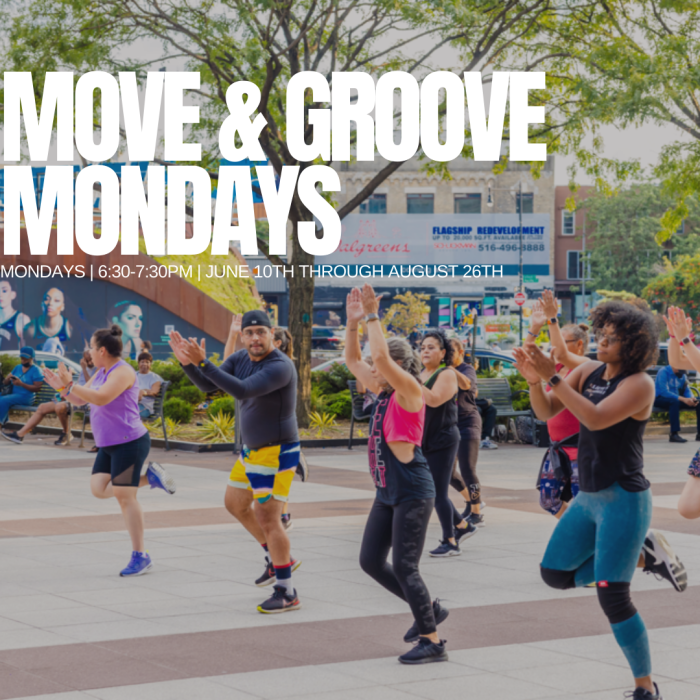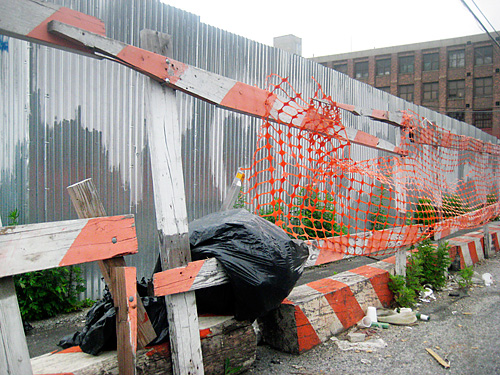More than half of Brooklyn businesses are struggling to stay open through the summer, according to a recent survey conducted by the Brooklyn Chamber of Commerce.
Out of the 233 small businesses studied in the borough, 53 percent said they would struggle to stay open during the next three months, despite the city entering phase four of reopening, the study found.
Among those who responded, rent was cited as one of the biggest burdens small businesses face, with 28 percent reporting that they did not pay rent in July, 61 percent reporting that their landlords did not offer any form of rent relief, and 74 percent responding that rent relief is “very important” to supporting small businesses.
“We’re seeing rent as an almost universal challenge,” said Randy Peers, President of the Chamber. “Whether it is Coney Island businesses suffering from a closed amusement park or Brooklyn Heights businesses whose customers have fled the city, it’s clear that rent relief is urgently needed.”
Conversely, businesses that have managed to work out some form of rent relief with their landlords say even a slight decrease in their largest overhead cost has made adjusting to doing business during the pandemic all the more smooth for them.
“We’re lucky to feel like we’re able to come back fairly well to where we left off,” said Ray Cross, owner of Bushwick Print Lab, whose landlords cut their rent from $6,000 to $5,000 a month. “Now it’s just a matter of shaking the dust off.”
With the city in its final phase of reopening but the coronavirus showing no signs of disappearing, small businesses have had to adapt to quickly to operating during the pandemic economic slowdown in order to weather it out.
For Margaret Barrow, owner of Brooklyn Granola, this meant becoming an e-commerce focused business after focusing on retail sales for years, and doubling down on partnerships with other Black-owned brands in similar positions to stay afloat.
“We had been hearing about Black-owned businesses kind of just disappearing,” Barrow said. “We did not want to be one of those businesses.”
Brooklyn Granola was able to partner with organizations for the creation of “black boxes” — packages stocked with goods made by Black entrepreneurs, and have had their crunchy products featured on new online marketplaces.
“While we are still struggling, we’re able to connect with people in ways we were not able to connect with them before,” said Barrow.
While they have learned to adapt, Barrow says there is much more the government could be doing to help businesses like hers, such as commit to help small operations as much as they’ve helped large firms, support small companies with marketing, and distribute as much aid to e-commerce businesses as they have to brick and mortar operations.
“We kind of got left out of the conversation,” she said.
























